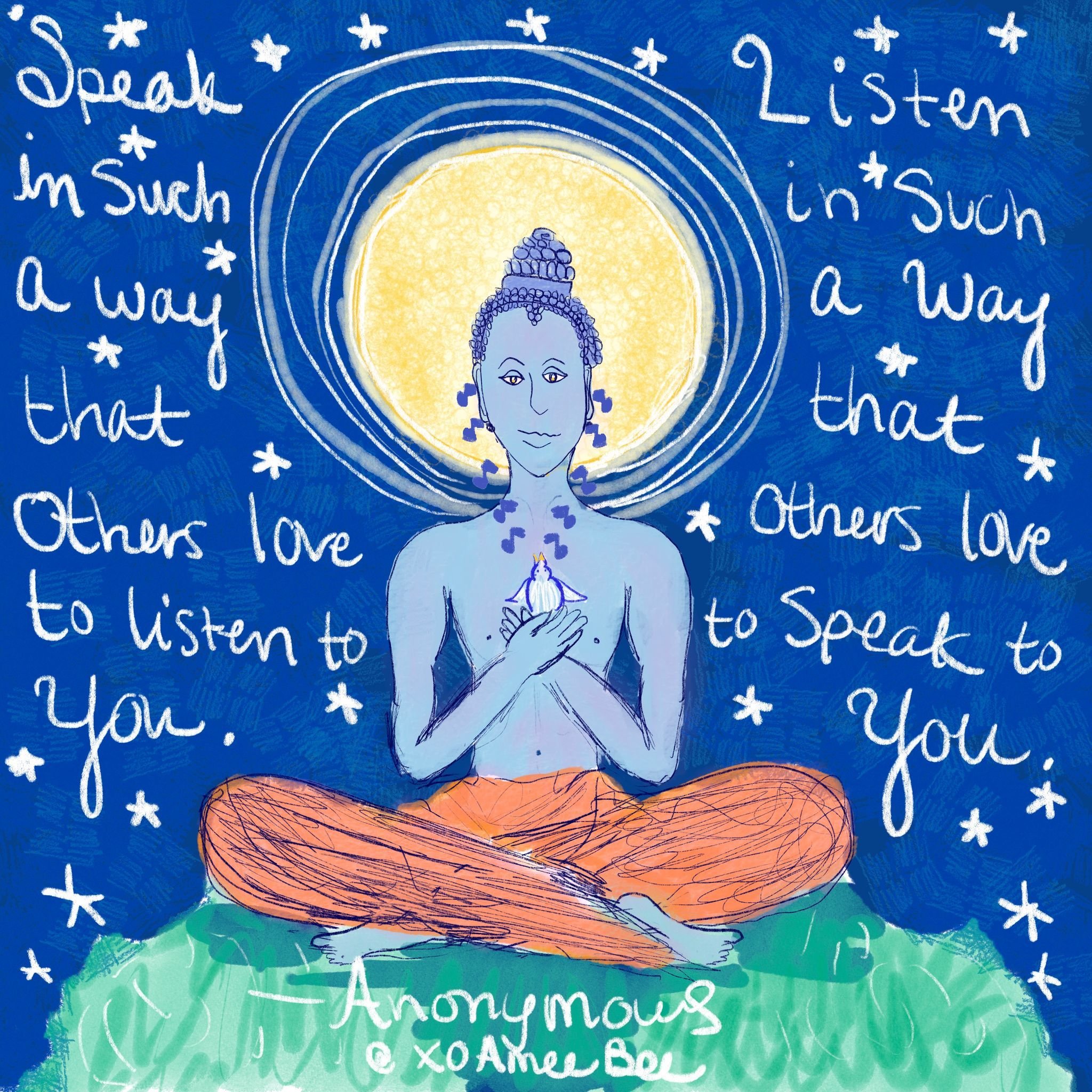In today's fast-paced world, finding inner peace and a sense of well-being can often seem like an elusive goal. We are constantly bombarded with distractions, stressors, and a never-ending to-do list. However, there is a powerful tool that can help us reconnect with ourselves and cultivate a sense of calm amidst the chaos: mindfulness and meditation. In this article, we will explore the concept of mindfulness and meditation and how it can lead us to inner peace and overall well-being.
What is Mindfulness?
Mindfulness is the practice of intentionally paying attention to the present moment, without judgment. It involves bringing our awareness to our thoughts, feelings, bodily sensations, and the surrounding environment. By practicing mindfulness, we learn to fully experience each moment, rather than getting lost in worries about the past or anxieties about the future.
Benefits of Mindfulness:
5 Minute Mindfulness Meditation
1. Reduction of stress: Mindfulness allows us to observe our stressors with a non-reactive mindset, enabling us to respond more effectively to challenging situations. It helps us recognize and release tension, leading to a calmer state of being.
2. Improved mental well-being: Regular mindfulness practice has been shown to reduce symptoms of anxiety and depression. By cultivating a non-judgmental attitude towards our thoughts and emotions, we can develop a healthier relationship with our inner world and increase our overall happiness.
3. Enhanced focus and concentration: Mindfulness exercises train our minds to stay present, which in turn improves our ability to focus and concentrate on tasks. This heightened focus can lead to increased productivity and a greater sense of accomplishment.
What is Meditation?
Meditation is a practice that involves training the mind to achieve a state of deep relaxation and heightened awareness. It typically involves finding a quiet and comfortable space, assuming a comfortable posture, and directing our attention to a specific point of focus, such as the breath, a mantra, or a visualization.
Benefits of Meditation:
Buddha Print by Amee Bee
1. Stress reduction: Meditation has been proven to activate the body's relaxation response, reducing the production of stress hormones. This promotes a state of calmness and tranquility, allowing us to navigate life's challenges with greater ease.
2. Emotional well-being: Regular meditation practice helps us develop emotional intelligence by cultivating self-awareness and compassion. It allows us to observe our emotions without getting overwhelmed by them, leading to greater emotional stability and well-being.
3. Improved physical health: Meditation has been linked to numerous physical health benefits, including lowered blood pressure, improved immune function, and reduced inflammation. It can also enhance sleep quality and reduce symptoms associated with chronic pain.
Incorporating Mindfulness and Meditation into Daily Life:
1. Start small: Begin with just a few minutes of mindfulness or meditation practice each day and gradually increase the duration. Consistency is more important than the length of each session.
2. Find what works for you: Experiment with different mindfulness techniques and meditation styles to discover what resonates with you. Whether it's mindful breathing, body scan meditation, or guided visualization, choose the practice that brings you the most peace and tranquility.
3. Create a sacred space: Designate a quiet and clutter-free area where you can practice mindfulness and meditation without distractions. Make it your sanctuary for self-reflection and rejuvenation.
Mindfulness and meditation offer a powerful pathway to inner peace and well-being in our modern lives. By cultivating present-moment awareness, we can reduce stress, improve mental and emotional well-being, and enhance our overall quality of life. So, take a moment each day to tune in, breathe, and reconnect with your inner self. Embrace the transformative potential of mindfulness and meditation, and embark on a journey to a calmer, more fulfilled life.
Shining a glimmer of light,

